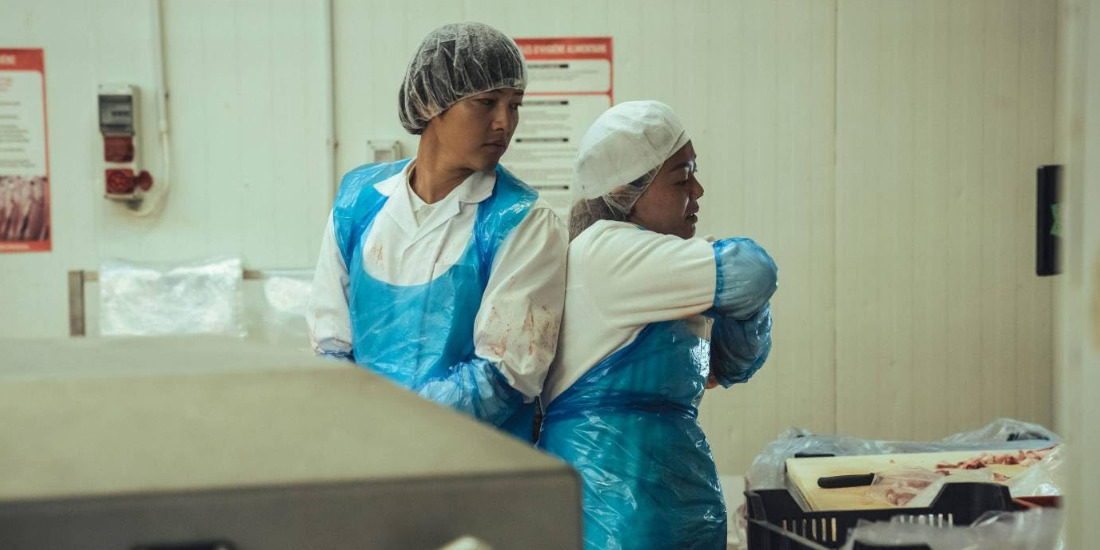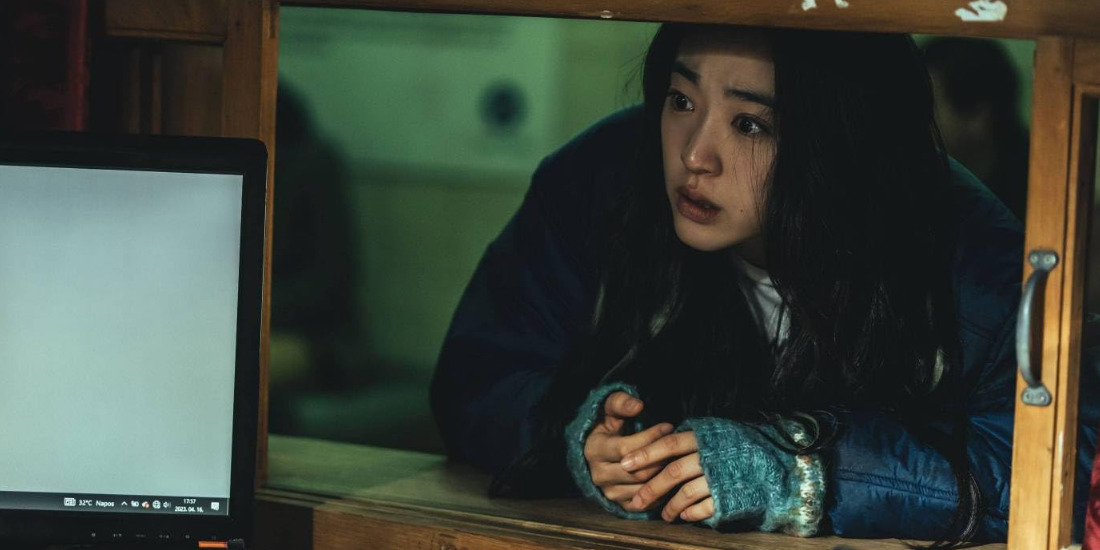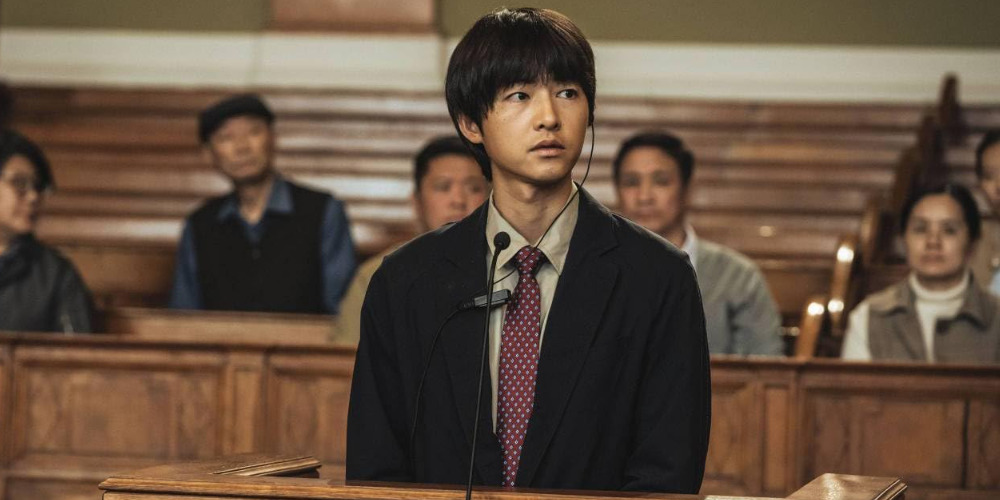Netflix’s Korean romance drama film, ‘My Name is Loh Kiwan,’ charts the story of a North Korean defector who seeks asylum in Belgium following his escape from China under excruciating circumstances. However, the foreign land brings its own set of troubles as Kiwan fights for refugee status and attempts to survive the months that follow. Along the way, his paths cross with Marie, an aggrieved young woman battling her own demons. Despite their tumultuous start, Kiwan and Marie gradually come to know each other, recognizing themselves in the other’s struggles, which leads to a spark of hope and love.
With Kiwan and Marie’s relationship as the story’s emotional epicenter, the film delves into socio-political topics of North Korean refugees and the adversities they face in fleeing their nation’s dictatorial rule. For the same reasons, Kiwan’s storyline remains reflective of an underrepresented aspect of reality, which may compel the viewers to wonder if the narrative’s authenticity comes from any shared ties to real life.
I Met Loh Kiwan by Cho Hae-jin: The Novel Behind The Film
‘My Name is Loh Kiwan’ is not based on a true story. Instead, it finds its origins in a Korean fiction novel, ‘I Met Loh Kiwan,’ first published in 2011 by Cho Hae-jin. The work has since then been translated into English by Ji-Eun Lee, opening the story up to an international audience. The book is told from the perspective of a South Korean TV show writer who closely follows the story of Loh Kiwan after learning about his defection from North Korea.

Within the pages of the novel, the readers get to learn about Kim as well as the titular Loh Kiwan as he preserves on his journey to find his place in the world, traveling from North Korea to Belgium and London. As the book details the trying venture of obtaining refuge in foreign countries, it does an excellent job of uniting poignant universal emotions with a targeted socio-political experience.
In that regard, Author Hae-jin manages to bring an immensely authentic story that resonates with reality despite its fictional roots. The author has previously explored the intricacies behind politically marginalized narratives in her other works and continues to preserve social relevance in her writing. “I don’t expect someone to read my work to broaden their political horizons or sharpen their critical abilities,” she said in a conversation with Korean Literature Now.
“But if someone reading my work was to learn about people traveling all the way to Europe to seek refugee status or about a group like Koryoin, who have disappeared from the pages of history but are very much in existence if not political prominence— if someone were to realize that that while the Holocaust happened at a different time and place but the same principles are repeating themselves in Korean society, that would make me very happy as a writer,” Hae-jin added. “For me, that is the reach of fiction.”
Thus, with her directorial debut, Kim Hee Jin, who also adapted Hae-jin’s novel into a screenplay on her own, inherently borrows from realistic themes in crafting the fictionalized narrative of her film. Nevertheless, it’s crucial to note that the on-screen adaptation holds several disparities from its source material, with numerous original details added to the plot. For the same reason, the film strays in part from Hae-jin’s work. Still, ultimately, ‘My Name is Loh Kiwa’ remains a fictitious account with roots in a similarly fictitious novel.
Loh Kiwan and Marie Lee Are Fictional Characters With Realistic Experiences
Despite the film’s realistic depiction of a North Korean defector’s journey as an asylum seeker, the specificities of the narrative remain confined within fiction. As such, neither Loh Kiwan, the aforementioned refugee, nor Marie Lee, the central romantic interest, have any basis in reality. In fact, for the most part, Marie Lee seems to be a character invented solely for the film, bereft of roots in Hae-jin’s novel.

Inversely, Loh Kiwan, the film’s protagonist, draws from his literary counterpart while his position as a social refugee informs his character’s ties to reality. According to 2023 reports by South Korea’s Unification Ministry, 196 North Korean defectors were recorded seeking refuge in South Korea. The number, though weathered— possibly as an after-effect of the pandemic, before which 1047 defectors entered the country in 2019— still conveys the situation’s gravity.
Furthermore, Kiwan’s experience of seeking refuge in China, a country that fails to recognize North Korean defectors as refugees, also highlights another prevalent social issue plaguing real-life defectors such as Kiwan. In 2023, human rights groups reported China’s repatriation of numerous North Korean refugees— who are labeled economic migrants— back to the country they were fleeing from.
Therefore, Kiwan’s desperate attempts to earn asylum in Belgium remain prevalent in real-life experiences. For the same reason, even though the character isn’t based on any specific individual, his fictionalized narrative remains reflective of real life.
Read More: Best Korean Movies on Netflix


You must be logged in to post a comment.